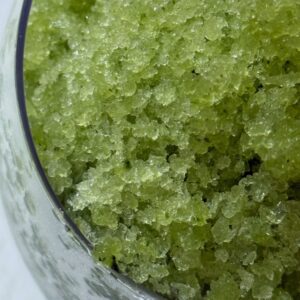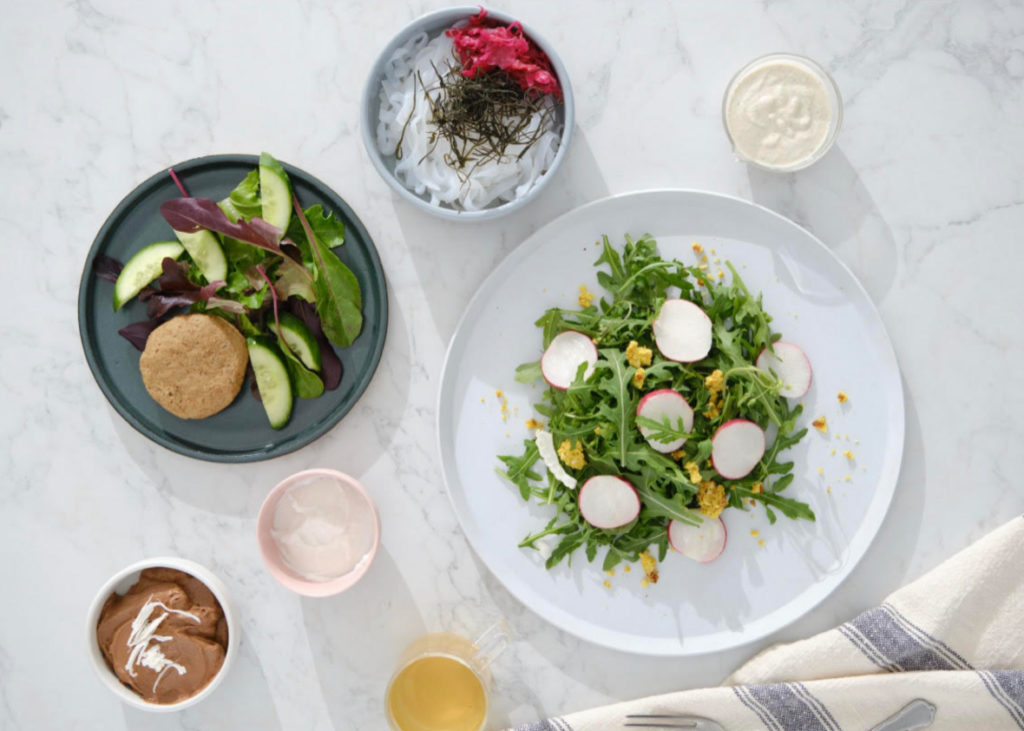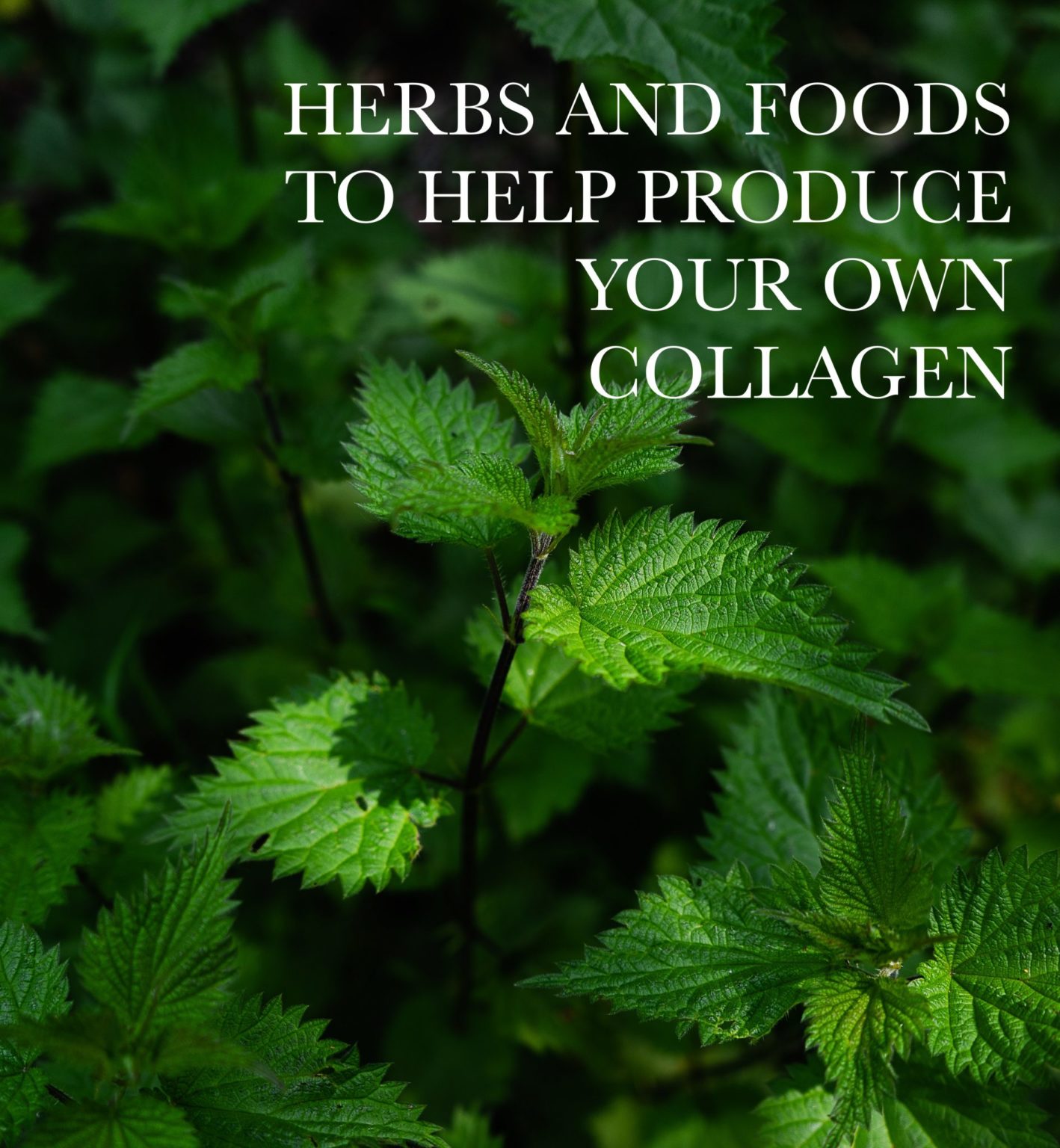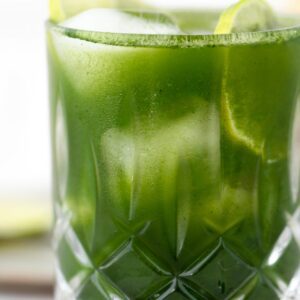
Cucumber & Tremella Granita
A Sicilian-style granita for hot days and hydrated cells When

Kick-start, energise, rejuvenate
All carefully planned and prepared to help nourish, reset and rejuvenate the body and mind.

More products containing collagen have bee released to the market. There are foods that naturally contain collagen but they are mostly in animal products.
While it is possible to consume collagen directly from foods, it does not mean that it will benefit directly. The whole form of collagen molecules don’t get absorbed but it rather breaks them down into amino acids, which then used to synthesize its own collagen and other proteins.
Could we boost our own collagen production from what we consume internally? The answer is yes!
WHAT IS COLLAGEN
Collagen is the most abundant protein in the human body. 70-80 percent of skin, hair and nails and nearly 100 percent of connective tissues are made up with collagen. It helps the pieces of our bodies together and important for our bone structure.
Elastin is another protein in the body in places that contract such as arteries and lungs as well as in the skin. Elastin and collagen work together to maintain healthy and youthful appearance.
The łoss of collagen typically begins in the mid 30s but can even start in mid 20s depending on your lifestyle, genes and food choices. A typical woman can lose about 1-2 percent of her body’s collagen every year and the rate can increase as she hits 40 and 50s and after menopause. In aged skin, epidermis cell proliferation slows down and it becomes thinner with the reduction of collagen.
The lifestyle maters and these are some examples that can affect the collagen loss.
HERBS/FOODS THAT CAN SUPPORT YOUR BODY’S COLLAGEN PRODUCTION
FOODS THAT ARE HIGH IN VITAMIN C
Vitamin C is important for the synthesis of hyaluronic acid which helps boost collagen production.
It can influence quantitative collagen synthesis and serves as a co-factor for the enzymes that are responsible for stabilising and cross-linking the collagen molecules. It directly activates the transcription of collagen synthesis and stabilises procollagen.*
This anti ageing herb is not only an adaptogenic it is shown to increase type 1 collagen ( dominant form of collagen in the skin)
To be a little technical Matrix metalloproteinases need to be mentioned. MMPs are a family of enzymes that are responsible for the deviation and modification of the extracellular matrix, especially MMP-1 (collagenase-1) from fibroblasts (principle cellar components that have a major role in he organisation and remodelling in connective tissues by producing collagen, fibronectins and elastin). TIMPs (the Tissue Inhabitors of MMPs) is shown to be reduced in aged skin.
Sun ginseng, which was prepared by steaming at high temperature, is shown to increase cell proliferation of skin fibroblasts.
Sun ginseng induced collagen synthesis by increasing the amount of TIMP-1, resulting the reduction of MMP-1 expression in dermal fibroblasts. *
Ginseng is also a natural agent that is capable of modulating the cellular signalling when exposed to UV-induced damage ****. Korean red ginseng has shown an anti-inflammatory and anti-oxidative effect in human keratinocytes.
Amla is also shown to upreulate pro collagen prosecution and TIMP-1. ** As well as Lupinus albus, regulating the balance between MMPs and TIMPs ***
Amla is also high in vitamin C.
ALOE VERA
Aloe vera gel contains polysaccarides amino acids, lids,plant sterols, tannins and enzymes. A study shows aloe vera sterols promote the production of collagen and increase the gene expression level of type 1 and type III collagen synthesis. (type III- collagen associated with the fobrogenesis of type I collagen)
HORSETAIL
Stems ad shoots of horsetail are rich source of important minerals like calcium, magnesium, potassium and others. The most noticeable mineral that is known to help with the skin health is silica.
Silica isa trace mineral that can develop, maintain and strength our bone and teeth health. It has also been shown to activate the enzymes to form collagen network, improve skin strength and elasticity.
NETTLES
Nettles is a highly nutrient plant. It contains calcium, potassium, carotene, magnesium, vitamin A, B, Ka as well as silica and Sulfur.
Sulfur is not only necessary for the synthesis of glutathione, (one of the most important antioxidant and detoxification in the body), it supports collagen production
MSM is also high in sulfur, which can donate sulfur to keratin. This promotes collagen production. MSM is also known to e anti-inflammatory which can help with other skin issues.
A study has found that decreased fibroblast population was show to decrease in the production of collagen production.
GOTU KOLA
This study demonstrated that Gotu Kola can help the strength and resilience of the skin. Many studies have shown the improvement in burns, psoriasis and open wounds and used as a skin remedy. Along with glycolic acid, vitamin A, E and C, it is shown to stimulate collagen and fibronectin synthesis in cultured human fibroblast cells.
FOODS THAT ARE HIGH IN ANTI-OXIDANT AND COMBAT STRESSORS
Many skin damage is caused by oxidation which can damage cell growth. Diet rich in anti-oxidant and adding adaptogens into the diet can help improve your skin health.
These include colourful foods, algae, spices as well as adaptogens such as gynostemma, holy basil, ashwagandha, he shou wu, schisandra.

A Sicilian-style granita for hot days and hydrated cells When

Ashitaba (Angelica keiskei) is often described as a “longevity herb.”

In our modern wellness landscape, “biohacking” often evokes images of
Copyright Shoku Iku © 2024 | All Rights Reserved.
The statements on this website have not been evaluated by the TGA or FDA. These products are not intended to diagnose, treat, cure or prevent any disease.
Sign up to receive your discount.